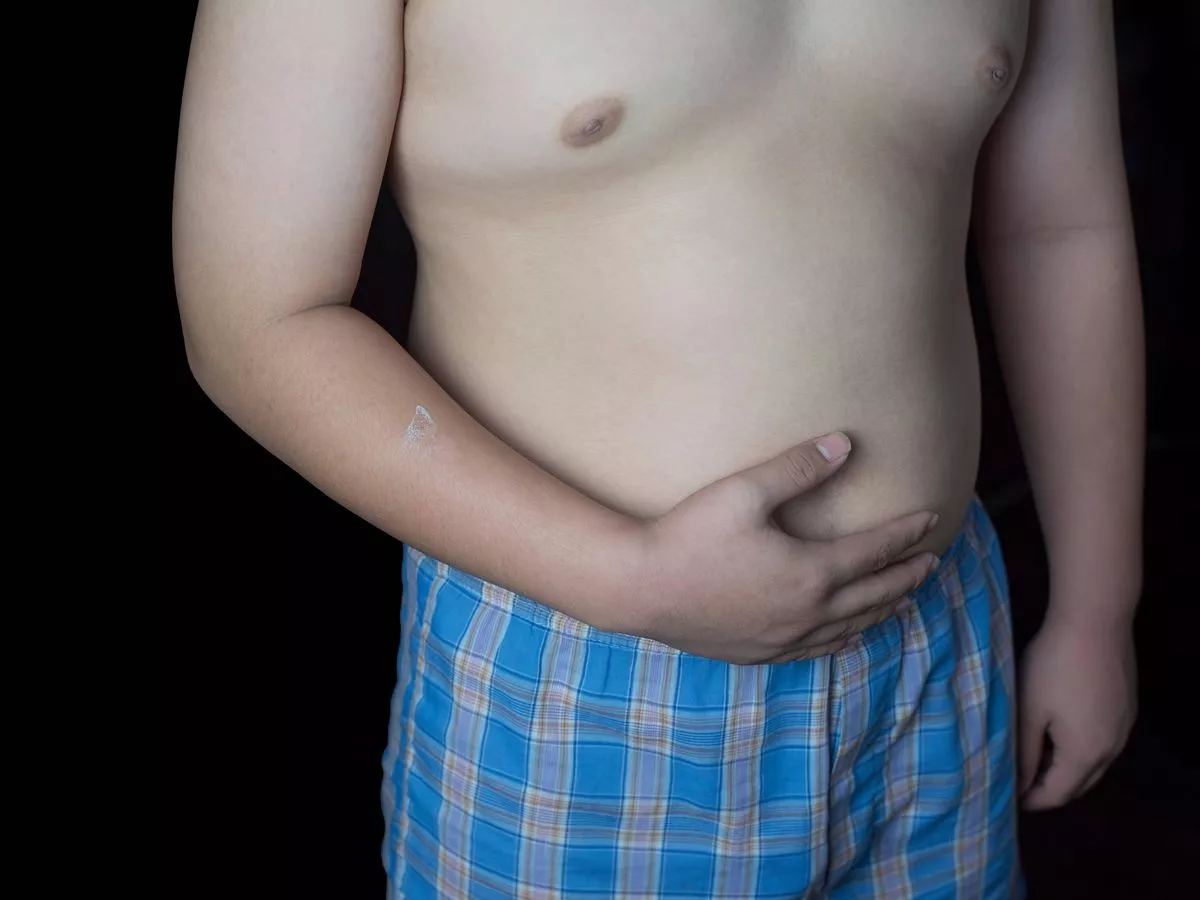Copyright manchestereveningnews

The government has made a new announcement as one in 10 children in the first year of primary school in England is obese – the highest figure on record outside the pandemic, figures show. Data from the National Child Measurement Programme found 10.5 per cent of children in reception and more than a fifth in Year 6 (the last year of primary school) were obese in 2024/25, with boys more likely to be overweight than girls. Excluding the peak during the first year of the pandemic, this is the highest obesity prevalence seen in reception year since records began in 2006/07, and is higher than the 9.6 per cent in 2023/24. Some 13 per cent of children in reception, when youngsters are aged four and five, are also overweight, meaning almost one in four of all children in this age group are overweight or obese. The government says it is ' urgently acting to turn the tide, remove those inequalities and improve children’s health. Join the Manchester Evening News WhatsApp group HERE Measures include restrictions on junk food advertising and high-caffeine energy drinks, expanded free school meals and the universal free breakfast clubs.' Health and Social Care Secretary Wes Streeting said: "This government will not look away as kids get unhealthier and critics urge us to leave them behind. "Obesity robs children of the best possible start in life, sets them up for a lifetime of health problems, and costs the NHS billions. "Today's figures show the extent of the problem and the need to act now, which is exactly what we're doing – in schools, on sports pitches, and online – to make healthy choices the easy choices, support families, and turn the tide on childhood obesity. "This is prevention, not punishment, and will help families and children across the country." For children in Year 6, obesity prevalence (22.2 per cent) is similar to last year, when it was 22.1 per cent . Some 13.9 per cent are overweight in Year 6, meaning more than one in three children in this age group (age 10 and 11) are overweight or obese. Overall, 1.1 million children were measured at state-maintained schools as part of the data collection. Some 75.4 per cent in Reception and 62.2 per cent in Year 6 were a healthy weight. When it came to analysing severe obesity from the overall obesity figures, 2.7 per cent of girls and 3.1 per cent of boys in Reception were severely obese. This means 2.9 per cent of all children were severely obese, up on 2.6 per cent the previous year. In Year 6, 4.5 per cent of girls and 6.6 per cent of boys were severely obese, meaning 5.6 per cent of all children were. This is similar to the 5.5 per cent the previous year. The government says it 'is restricting junk food and drink advertisements - on television before 9pm and online - to protect children from exposure to less healthy food and drink. This is expected to remove up to 7.2 billion calories per year from children’s diets'. Promotions such as 'buy one get one free' and 'three for two' on less healthy foods have also been restricted. The policy is projected to deliver health benefits worth £2 billion and NHS savings of £180 million over 25 years, adds the government. Experts said further years of data are needed to determine whether this is the start of a long-term increase in obesity prevalence in reception year. The new report said children from black ethnic groups are more likely to be living with obesity, while children from Indian ethnic groups are more likely to be underweight. Obesity prevalence continues to be more than double in the most deprived areas compared to the least deprived areas for both reception children (14.0 per cent compared to 6.9 per cent ) and Year 6 (29.3 per cent compared to 13.5 per cent ). This "deprivation gap" has been increasing since the early years of data collection, the report said. Katharine Jenner, executive director of the Obesity Health Alliance, said the data was a "stark reminder that poor child health remains a serious issue across England", particularly among children living in the most deprived areas and those of black African heritage. "Every child deserves the chance to grow up healthy, regardless of their background," she added. "The findings suggest that the recent small reductions in obesity among Reception-age children were short-lived, with this year's figures showing one of the highest obesity rates recorded since the programme began. "These concerning trends are at odds with the government's ambition to create the healthiest generation of children ever." A spokesperson for the Department of Health and Social Care continued: "We are consulting on plans to ban retailers from selling high-caffeine energy drinks to children under 16. "Around 100,000 children currently consume at least one high-caffeine energy drink daily and evidence links these drinks to negative impacts on physical and mental health, sleep quality, and educational outcomes. "The move could prevent obesity in up to 40,000 children and deliver long-term health benefits. "We are improving the out-of-date system used to categorise what foods are less healthy and all large businesses will need to report on how healthy their sales are. Targets will be set to drive further changes to improve kid's health. "In August, the government also introduced new guidelines requiring baby food manufacturers to reduce sugar and salt levels and improve labelling, making it easier for parents to choose healthier options for their children. "The move addressed misleading marketing practices and gave manufacturers 18 months to reformulate products for children up to 36 months old. This formed part of the government's broader commitment to give every child the best start in life, tackling the concerning levels of sugar found in snack foods that contribute to childhood obesity rates among the highest in western Europe." Professor Simon Kenny, NHS national clinical director for children and young people, said: "These figures are extremely concerning – obesity can have a devastating impact on children's health, increasing their risk of Type 2 diabetes, cancer, mental health issues, and many other illnesses, which can sadly lead to shorter and unhappier lives. "The NHS is transforming the lives of thousands of children and families impacted by severe weight issues through its specialist clinics, supporting them to lose weight, live heathier lives and improve their mental health through a personalised package of support. "But prevention is key, and continued joined-up action by industry and wider society is essential if we want to improve the health of our younger generations."



